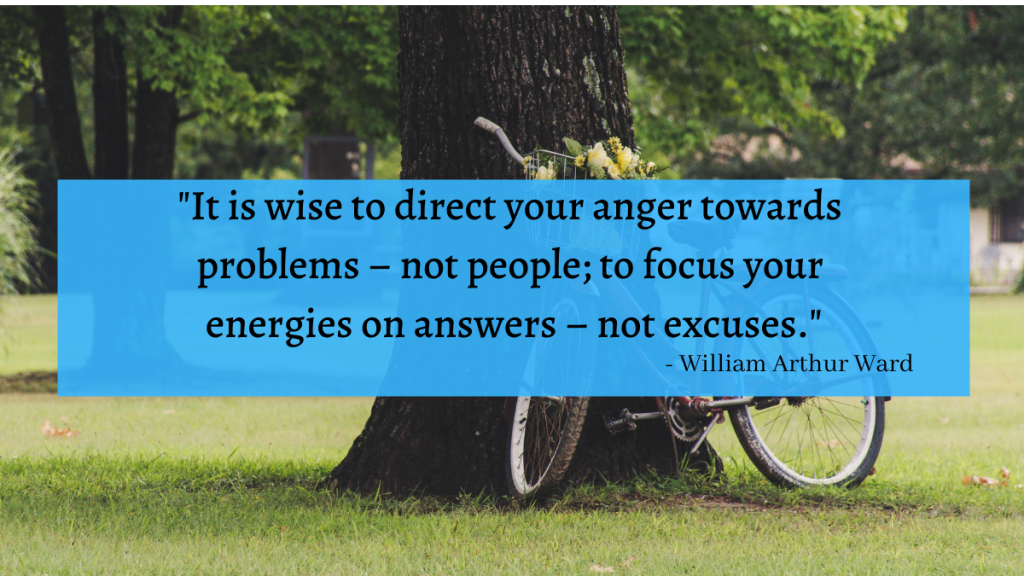Language is one of the most important aspects of mental wellness, and how we talk about mental health can go a long way toward shrinking the mental health stigma. This recurring feature on the blog will tackle different words and phrases that I use when talking about my mental health. I know that other people use this language as well, and defining some of the more relatable terms can help others understand what it means, instead of having to explain it constantly. Today, I’ll be talking about compartmentalization.
What is Compartmentalization?
According to Psychology Today, compartmentalization is “…a defense mechanism in which people mentally separate conflicting thoughts, emotions, or experiences to avoid the discomfort of contradiction.” There are many defense mechanisms people use when trying to avoid certain thoughts or conflicts, and compartmentalization is just one of the many ways we do this. There are both positives and negatives to compartmentalization, but the association most people have this term is through a negative lens. That’s because, while compartmentalizing can help you get a task done or focus on a specific goal, it can have harmful long-term effects if you don’t know what you’re doing and why.
What Does Compartmentalization Look Like in Daily Life?
One of the things I find interesting about compartmentalization is how it shows up in our every day lives. People can compartmentalize to get daily tasks done (think about when you get your chores done after receiving unpleasant news, or going to a work meeting even if you’re feeling a little anxious), but it’s also done in a way that allows people to separate their beliefs or ideas so there’s no possible intersection or contradiction. However, sometimes that can lead to conflict – conflict that we avoid when we compartmentalize.
The Positives and Negatives of Compartmentalizing
As I wrote earlier in this post, there are good and bad sides of compartmentalization. This is no different from most aspects of mental wellness, but what makes it more complicated is the negative connotations with compartmentalization. In my experience, compartmentalization is a tool best used in moderation. Compartmentalizing a little to get certain tasks done is often useful, but compartmentalizing everything in our lives can lead to issues in many areas of of life.
Conflict is difficult to deal with, but we all have issues we deal with in our daily lives. Finding awareness around our coping techniques and defense mechanisms is an important step in building toward mental wellness. It can help us understand our mental health in ways that might have been impossible before as we continue to build toward long-term wellness.
Have you ever tried compartmentalizing? How did it go for you? I want to hear about it in the comments!

Great read!!
LikeLiked by 1 person
Thank you!
LikeLike